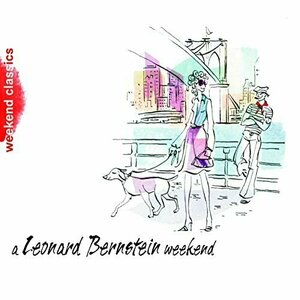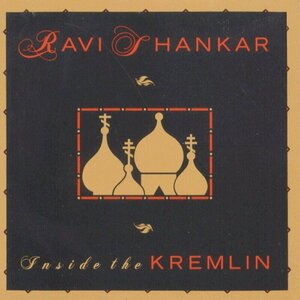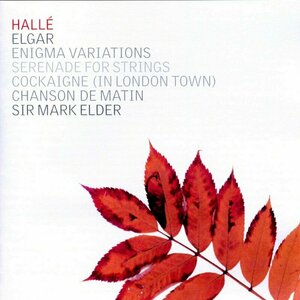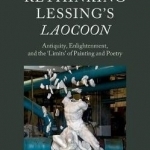
Rethinking Lessing's Laocoon: Antiquity, Enlightenment, and the 'Limits' of Painting and Poetry
Michael Squire and Avi S. Lifschitz
Book
Gotthold Ephraim Lessing first published Laokoon, oder uber die Grenzen der Mahlerey und Poesie...
The Foundations of Behavioral Economic Analysis
Book
This is the first definitive introduction to behavioral economics aimed at advanced undergraduate...
Ed Droste recommended track Serenade after Plato's Symposium Phaedrus Pausanias by Leonard Bernstein in A Leonard Bernstein Weekend by Leonard Bernstein in Music (curated)
Jonathan Donahue recommended Inside The Kremlin by Ravi Shankar in Music (curated)
Neil Hannon recommended The Enigma Variations by Edward Elgal in Music (curated)
We Had Some Laughs
Book
As 'the voice of darts', the inimitable Sid Waddell helped transform it from an unfashionable pub...
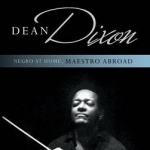
Dean Dixon: Negro at Home, Maestro Abroad
Book
In Dean Dixon: Negro at Home, Maestro Abroad, conductor and scholar Rufus Jones Jr. brings to light...

Confucianism
Book
"Confucianism" presents the history and salient tenets of Confucian thought, and discusses its...
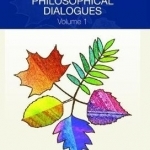
Interreligious Philosophical Dialogues: Volume 1
Book
Interreligious Philosophical Dialogues, volume one, provides a unique approach to the philosophy of...

